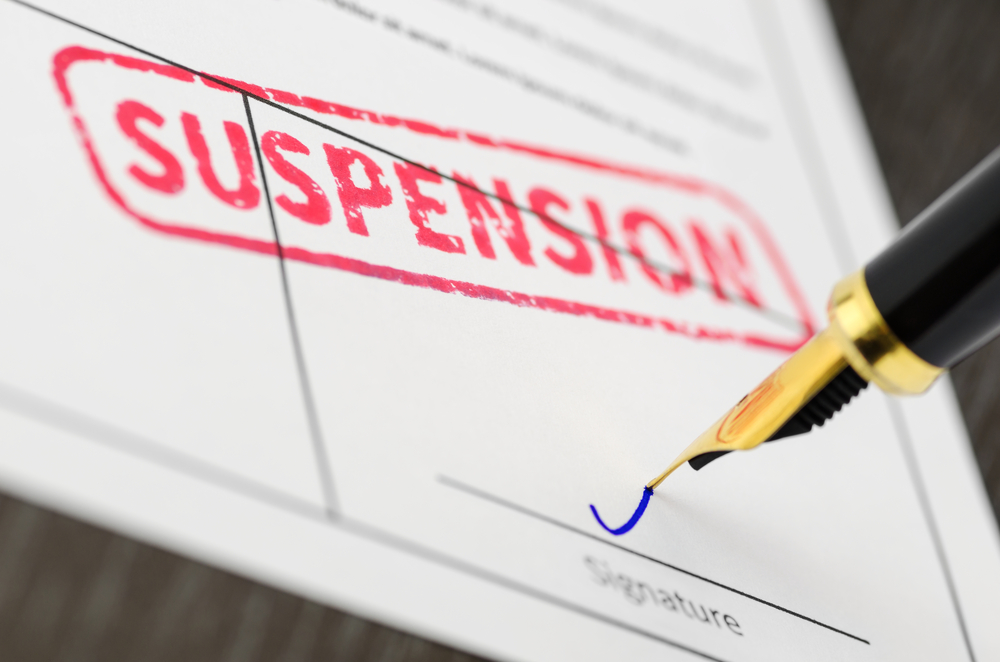
New ACAS Guidance on Staff Suspensions
Acas has published new guidance to advise employers on how to consider and handle staff suspensions at work, specifically during investigations.

Should Employers Suspend Staff?
Paid suspension is not generally a breach of contract and is often an appropriate course of action where there have been allegations of serious misconduct, but how employers consider and handle staff suspensions at work, specifically during investigations, can give rise to further complications and problems.
New ACAS Guidance on Staff Suspensions
The recently published ACAS guidance advises employers on how to consider and handle staff suspensions at work, specifically during investigations. The guidance covers deciding whether to suspend someone, the process for suspending someone, supporting an employee’s mental health during suspension and pay and holiday during suspension.
Employers and employees must follow the Acas Code of Practice on Disciplinary and Grievance Procedures (Acas Code). Failure to do so may affect both the fairness of a dismissal and the amount of any compensation that the employee is awarded by the tribunal.
When suspending an employee, employers should also consider the non-statutory Acas guide and the Acas guidance on suspension. The Acas suspension guidance considers a number of key issues, including deciding whether to suspend someone, the process for suspending someone, supporting an employee’s mental health during suspension and pay and holiday during suspension.
Acas recommends that because of the risk of breaching the employment contract and the stress that can be caused, a suspension should only be used when it is a reasonable way of dealing with the situation (such as while an investigation is carried out and there is a need to protect evidence, witnesses, the business, other staff or the person being investigated) and there are no appropriate alternatives. Employers should consider each situation carefully before deciding whether to suspend someone.
Suggested alternatives to suspension include:
- Changing shifts, site or working from home.
- Working with different customers or away from customers.
- Stopping working with certain systems, tools or on specific tasks.
A suspension may also be appropriate in order to protect an employee’s health and safety (such as in medical or pregnancy circumstances).
Employers should support a suspended worker by explaining the reason for the suspension, making it clear that it does not mean that it has been decided they have done anything wrong, maintaining pay and benefits, keeping the suspension as short as possible, keeping it confidential wherever possible, and staying in regular contact throughout.
The worker should be informed of their suspension in person if possible. It is good practice to allow them to be accompanied at any suspension meeting and for the suspension to be confirmed in writing.
Do You Need Assistance?
The specialist employment law team at Employment Law Services (ELS) LTD have extensive experience in advising UK Employers on staff suspensions. If you have any queries about your options you can call us on 0800 612 4772, Contact Us via our website or Book a Free Consultation online.
 Advice on Settlement Agreements Employees
Advice on Settlement Agreements Employees Advice on Settlement Agreements Employers
Advice on Settlement Agreements Employers